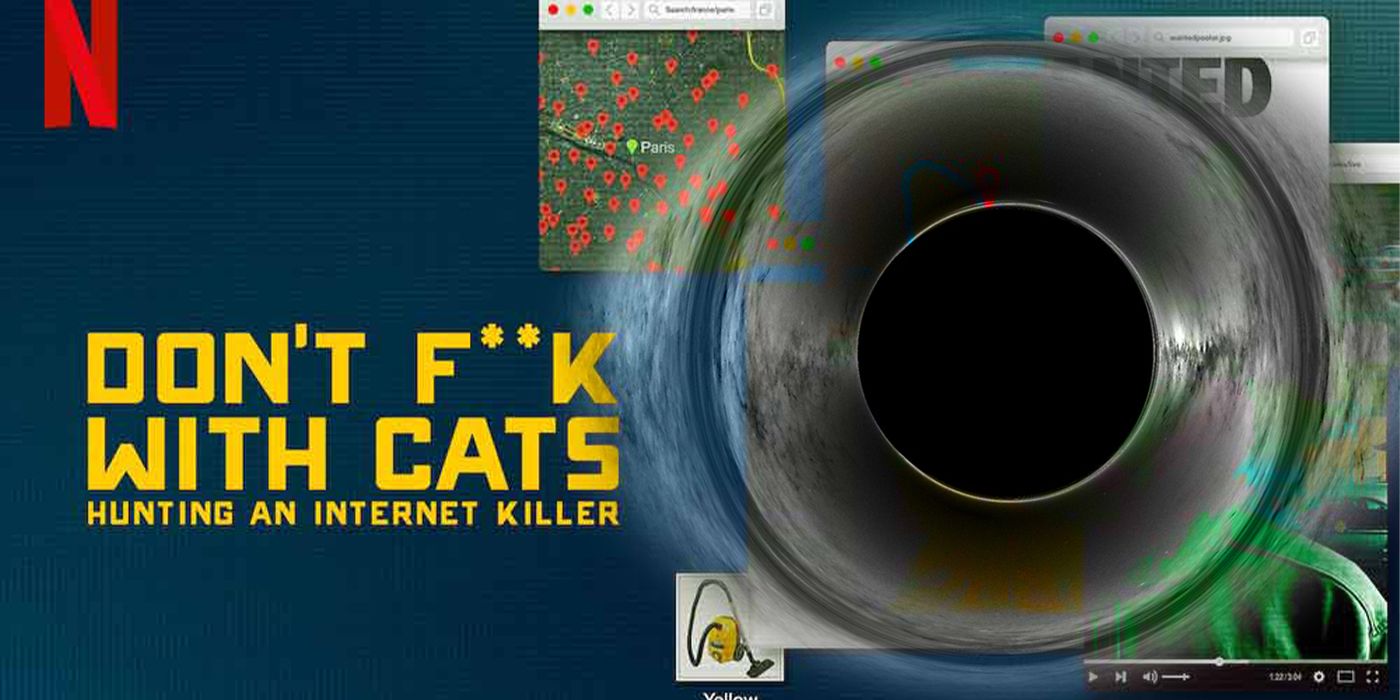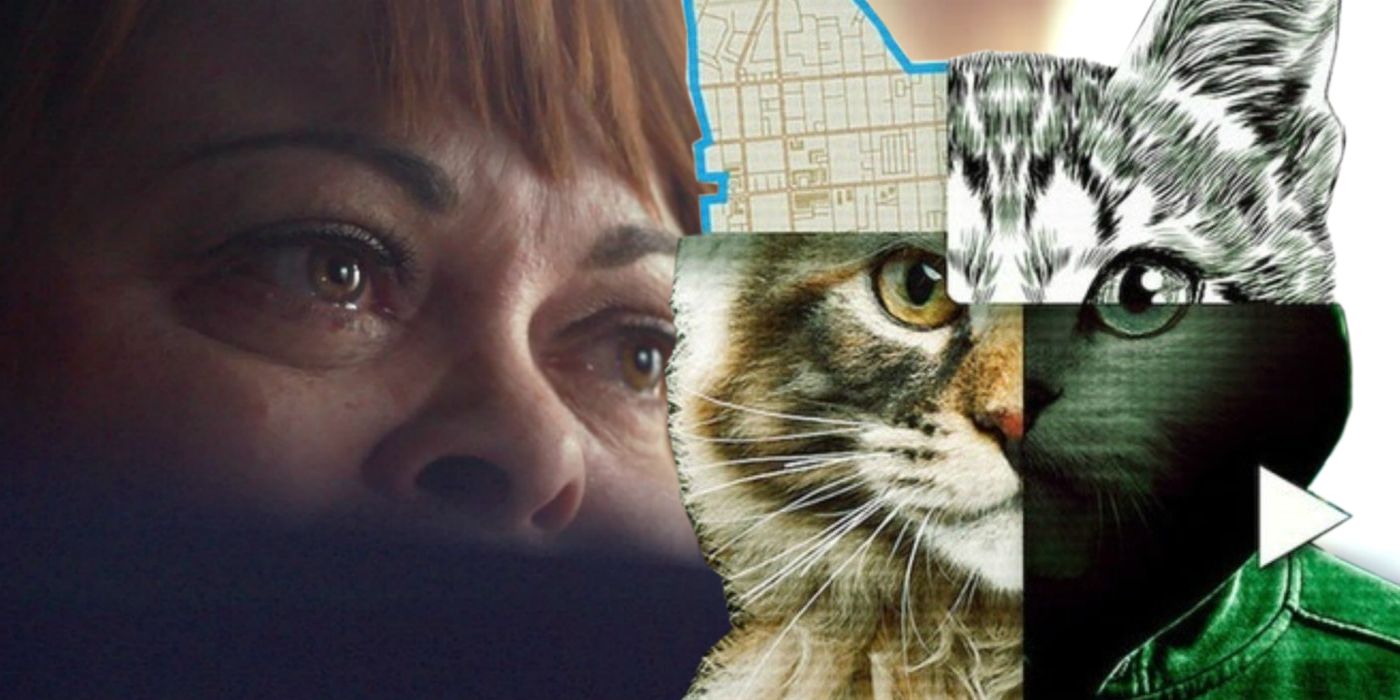The dark web comes up a lot in Netflix's Don't F**k With Cats, but the questions remain: how does it factor into the Luka Magnotta case, and who was Manny Lopez? The three-part series takes on the case of Luka Magnotta, a former escort and failed model who murdered Lin Jun, a Chinese student living in Canada, and gained notoriety by posting videos of himself online torturing and killing kittens. The latter incidents made him the target of many amateur internet detectives, and this is a story irrevocably tangled up with the complexities of online life. One aspect that features heavily in this story is the dark web.
Two weeks after its release, Netflix’s true-crime docuseries Don’t F**k With Cats: Hunting an Internet Killer continues to drum up controversy. The true-crime series is being criticized for blaming its audience for voyeurism and for being factually inaccurate. The documentary series also leaves its viewers with nagging questions: who was "Manny Lopez," Magnotta's alleged abuser, and did he really sell graphic videos on the dark web?
In Don’t F**k With Cats, the dark web is discussed as part of Magnotta's story. He claimed that he was forced to commit the crimes he was convicted of by a mysterious figure known as Manny Lopez, who then sold those videos on the dark web. The series doesn't really get into what the dark web actually is, although the film suggests that Manny Lopez most certainly did not exist and that Magnotta posted the videos himself, along with countless comments made by multiple sock-puppet accounts.
What Is the Dark Web?
The dark web, not to be confused with the deep web, is internet content that exists on darknets, overlay networks that require specific software before users can access them. This forms a small section of the wider deep web, which is made up of all internet content that cannot be found through traditional search engines. The two terms are often confused for one another. Both the dark web and the deep web are associated with the most heinous online activities because users are able to conduct illicit activities with additional anonymity.
Magnotta's use of the internet, both the deep web and the traditional parts, isn't discussed in much detail in Don't F**k With Cats, which proves disappointing because it omits so much of what made Magnotta's case so unique and difficult to deal with. As noted in the book Killing for Culture: From Edison to Isis: A New History of Death on Film by David Kerekes and David Slater, Magnotta had spent a lot of time hyping up his own videos via multiple accounts, ultimately "premeditating the manufacture of a snuff film." The authors also argue that Magnotta's videos and his deliberate promotion of them on the deep web "helped instigate a recent social trend [...] the 'reaction video.'" None of this is mentioned in the documentary, despite the obvious importance of it and how it shapes the filmmakers’ own case about Magnotta and the concept of voyeurism as encouragement for his crimes.
The dark and deep web ends up further mythicized and turned into a near-mystic domain when all it really is is another layer of the internet that makes criminal activity harder to track. A bigger issue with Don’t F**k With Cats is how willingly it often plays into Magnotta’s own hype, spinning a yarn of him as a criminal mastermind akin to the pop culture figures he tried to evoke. The deep web, the casual name given for internet content not indexed by standard web search-engines, is given more power in the documentary than it needs or has earned, and made to seem far more impenetrable than it actually is. For a docuseries all about an internet crime, Don’t F**k With Cats seems remarkably uninterested in the internet itself.


